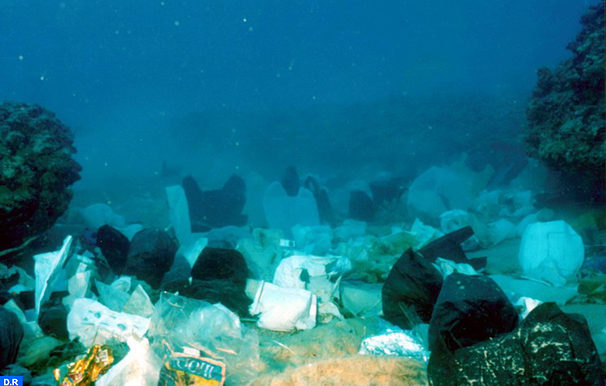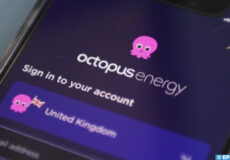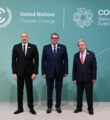Whales Poisoned by Plastic Pollution in Mediterranean (WWF)
Rome – On World Ocean Day, as the first UN Ocean conference takes place in New York (USA), the World Wide Fund for Nature (WWF) reveals, on Thursday in a statement, new evidence of plastic contamination of cetaceans in the Mediterranean.
The global conservation organization has demonstrated through innovative research the impact of plastic pollution in the north-western Mediterranean Sea. It analyzed biopsies of almost 100 marine mammals (3 whale species) living in the Pelagos Sanctuary, the largest marine protected area in the Mediterranean, located between Italy, France and the Island of Sardinia.
The results of this research also provide an indication of the extent of plastic pollution beyond the sanctuary borders in the entire Mediterranean Sea.
The survey shows a high contamination of cetaceans by phthalates, which are one component of plastics, commonly found in packages, shower curtains, cables, varnish, medicines, paint, etc. but also in cosmetics like nail polish, hairspray, perfume.
“The contamination of cetaceans by plasticis of deep concern regarding the state of the ocean and should be a warning for our own health,” said WWF Mediterranean Marine Initiative Leader, Giuseppe Di Carlo.
The issue of plastic waste is growing beyond control, every day between 4.8 and 12.7 million metric tonnes of plastic enter the ocean, 93% of which is consumer waste, according to the statement.
The Mediterranean Sea is classified as the sixth highest region for the accumulation of plastic debris on the planet, with an estimate of between 1000 and 3000 tonnes of plastic – and an average of 115,000microplastic particles per km2- floating on its surface waters.














